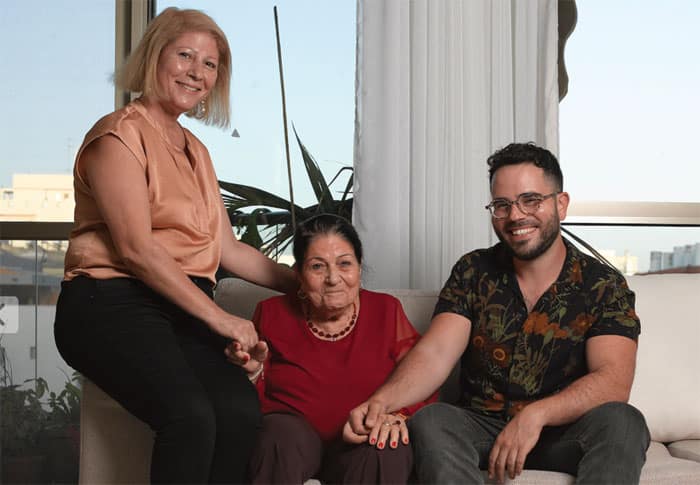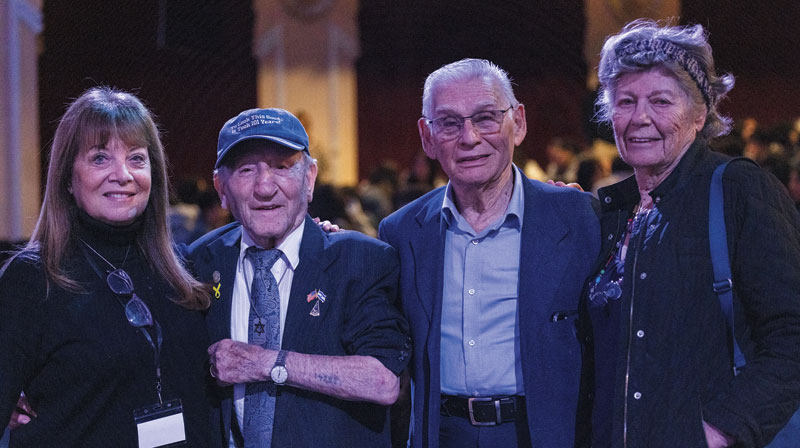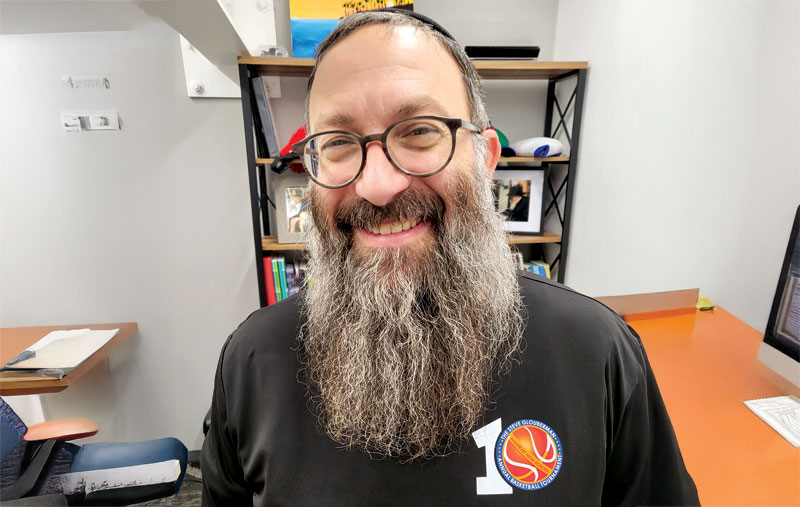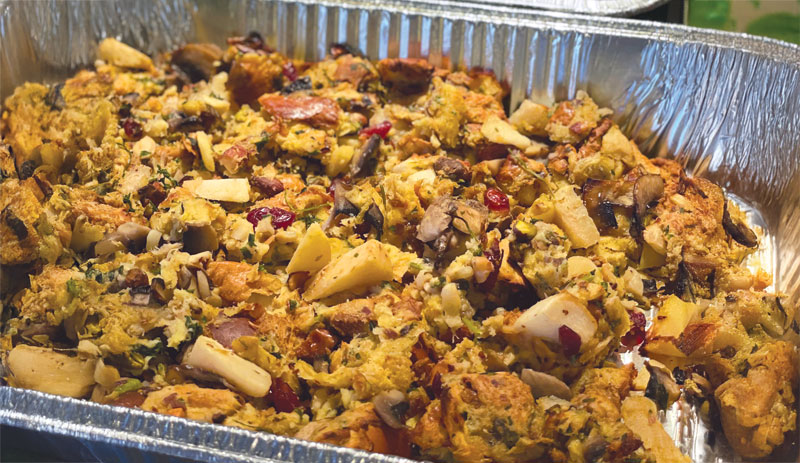
Take a look at Hen Mazzig’s Instagram bio and you’ll get a taste of who he is: “I love being Jewish 10x more than anyone hates me for it. Son of Amazigh+Iraqi refugees.”
The young influencer has more than 155,000 followers between Instagram and Facebook, and he spends his time posting his support for Israel and his defense of the Jewish people. Now, he’s released “The Wrong Kind of Jew: A Mizrahi Manifesto,” a book that’s part memoir, part proclamation about how Mizrahi Jews are often misunderstood and not included in the Ashkenazi-dominated conversations about our community.
“Because of my Mizrahi heritage, I don’t fit into what many people see as the secular, cultural tenets of Judaism,” he writes. “I like bagels, but I don’t consider them my cuisine. I don’t have opinions on Katz’s Deli or whether or not they are better than Langer’s … I’m bad at meeting expectations of what Jewish looks like, sounds like, thinks like, and means.”
 Mazzig started writing his book four years ago. It started out as a memoir and then morphed into passionate advocacy for Jews of Mizrahi heritage.
Mazzig started writing his book four years ago. It started out as a memoir and then morphed into passionate advocacy for Jews of Mizrahi heritage.
“I felt very strongly about my love for the Jewish people and Jews of Mizrahi identity, and I wanted people within our Jewish community and outside of it to see us,” he told the Journal. “I really think through seeing Mizrahi Jews and understanding our story, we become stronger as a Jewish community.”
The author’s family lived in the Middle East for thousands of years in Muslim and Arab countries and faced discrimination and persecution, like the Jews in Eastern Europe.
“They were living as second-class citizens,” Mazzig said. “You were protected until they didn’t want you to be protected.”
Mazzig’s grandparents were in Tunisia during World War II. There, the French Vichy government that controlled North Africa made them, and the other Jews there, work in forced labor camps.
Other family members were in Iraq during The Farhud in 1941, a pogrom that resulted in the deaths of between 150 and 180 Jews. Rioters injured hundreds of others, raped women and looted around 1,500 homes and businesses.
According to Mazzig, Mizrahi Jewish history, including what happened in Tunisia and Iraq, are often not included in the conversation about Jewish oppression and antisemitism in general.
“We hear a lot about the Holocaust and Soviet Jews,” he said. “One community that has been largely ignored is Mizrahi Jews. I struggle with it and, in the book, I dig deep into why we’re being ignored.”
In his book, Mazzig writes: “We’re not only unfamiliar, our culture shatters stereotypes and unspoken rules. Meanwhile, our story derails the narrative many want to propagate about Jews, antisemitism, and most controversially, Israel. We break the expectations many hold about Jews and race, the Middle East and religion, and even politics and oppression.”
Thankfully, the response from the Ashkenazi community has been positive.
“So many Ashkenazi Jews who are my friends are interested in this story and want to discuss it,” Mazzig said.
Currently, Mazzig splits his time between Tel Aviv, where he works at the organization he founded, The Tel Aviv Institute, and London, where his partner lives.
Along with posting about Mizrahi Jews and Israel, the author, who is gay, also discusses LGBTQ+ issues. One thing that bothers him is when people accuse Israel of “pinkwashing,” or promoting the country’s LGBTQ+ rights and support while “covering up” other atrocities they are allegedly committing.
“It’s really erasing the achievement of brave LGBTQ leaders in Israel to say we are pinkwashing,” said Mazzig. “It’s very hateful and sinister.”
Constantly, Mazzig receives threats online for being pro-Israel, Jewish, gay and Jewish, Mizrahi and a gay Israeli.
“I feel like I’m becoming numb to it,” he said. “I have to remind myself that my grandparents went through far worse.”
Right now, being a Jew online is especially scary, considering the antisemitism coming from celebrities like Kanye West and Kyrie Irving, who have huge followings. While Mazzig is concerned, he doesn’t like the current approach we’re taking to the issue.
“People looking from the sidelines don’t understand why what Kanye said was antisemitic,” he said. “We need to educate them and break it down as to why. In London, a Black British fashion blogger was engaging in hate speech and didn’t recognize it. She changed completely and said she was very pro-Jewish and was able to see us in a different light. My approach is to always lead in kindness and not to cancel people. We shouldn’t see people as antisemites. We should see them as people trying to unlearn antisemitism.”
Mazzig knows what it’s like to build bridges – when he served in the Israel Defense Forces, he helped Palestinians create infrastructures in Ramallah.
Mazzig knows what it’s like to build bridges – when he served in the Israel Defense Forces, he helped Palestinians create infrastructures in Ramallah. Now, in addition to conversing with people on the “other side” to combat antisemitism, he hopes he can inspire others to speak up for what they believe in.
“Everything I do is for the Jewish people,” he said. “My mission is greater than me as an individual. It’s to support one of the most marginalized groups in the history of mankind.”
On college campuses, where he encourages students to become activists, he tells them something that can be applied to anyone who is fighting for a cause.
“We’re doing something massive here,” he said. “We’re doing something that is bigger than us, and it’s worth the discomfort we have to endure.”
“The Wrong Kind of Jew: A Mizrahi Manifesto” is available on Amazon.























 More news and opinions than at a Shabbat dinner, right in your inbox.
More news and opinions than at a Shabbat dinner, right in your inbox.